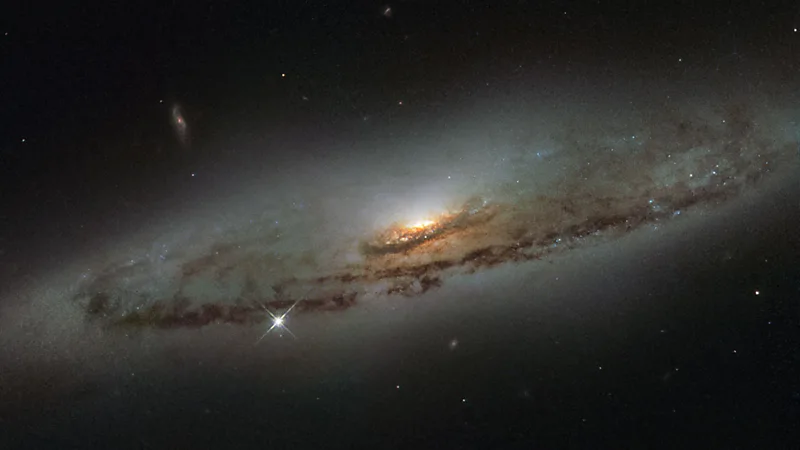Black holes, among the most mysterious and intriguing phenomena in the universe, continue to astound scientists with their unimaginable size. Recent studies suggest that black holes can grow far beyond what was initially believed, leading to the question: just how big can these cosmic giants get?
In Pakistan, astronomy enthusiasts and researchers at institutions like the Space & Upper Atmosphere Research Commission (SUPARCO) are closely following global developments in black hole research. The most massive black holes are known as supermassive black holes, often found at the center of galaxies, including our Milky Way. Some of these black holes have masses equivalent to billions of suns.
Recent theories propose that there could be black holes even larger than the ones we currently know. These ultra-massive black holes are thought to form through the merging of multiple black holes over time, growing as they consume matter and energy. While scientists have yet to discover these ultimate giants, their existence could reshape our understanding of the cosmos.
In Pakistan, with the growing interest in space science, universities and research centers are increasingly focusing on cosmic phenomena, including black holes. The sheer size and potential of black holes remain a topic of fascination, inspiring future generations of Pakistani scientists to explore the unknown.
